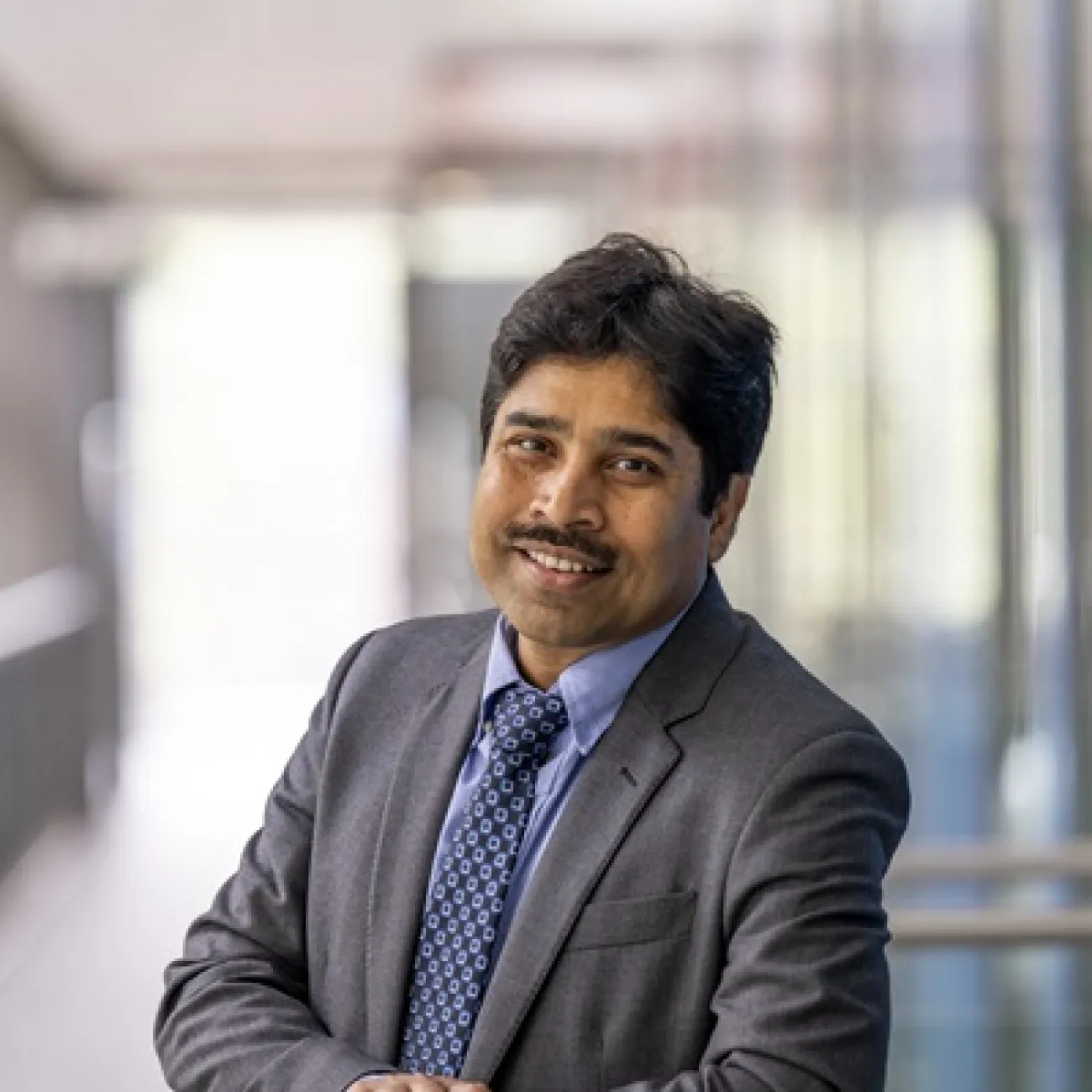Tapas is a Professor of Financial Economics and Head of Banking and Finance at the 网络彩票APP下载_澳客彩票网-官方游戏, Business School. Before joining academia, Tapas has served as a scientist within the World Population Program at the International Institute for Applied Systems Analysis (IIASA) in Laxenburg, Austria. He was a senior researcher at the Institute for Future Studies, Stockholm, Sweden and a senior research officer at the Institute of Economic Growth, New Delhi, India.
Tapas has led several research projects awarded by both national and international funding bodies, such as the Leverhulme Trust, the Ford Foundation and Winrock International, the Swedish Research Council, and the European Commission’s FP6 Framework, the British Academy, among others. He has brought approximately ?1.5m in research income over the years. His papers have been published or are in the process of publication in leading scientific journals, such as the Journal of Corporate Finance, Nature, World Development, Journal of Forecasting, Journal of Macroeconomics, European Journal of Finance, and the Journal of Economic Behavior and Organisation, among others. His recently published book on Dynamics of Distribution and Diffusion of New Technologies (published by Springer) has been downloaded over 4000 times. Tapas has delivered a number of keynote speeches in various economics and finance conferences. Among the leading conferences, he has been invited and/or selected to present his work are the Royal Economic Society, the American Economic Association, the Economic History Association, EURAM, the Econometric Society, and the Science and Public Policy Conference at the Kennedy School of Government, Harvard University, the Canadian Economic Association, and the KDI School of Public Policy and Management, Republic of Korea, among others. Over the past years, he has organized and chaired conferences/workshops.
Tapas joined an integrated MSc and PhD program under the European Doctoral Program at the Centre for Operations Research and Econometrics, Catholic University of Louvain, Belgium and completed an MSc in Quantitative Economics with distinction. He completed PhD under Professor David de la Croix. Tapas also completed an MPhil degree in economics from the Delhi School of Economics under the supervision of Prof Pami Dua and a post-doc in economic theory and cliometrics under Prof Claude Diebolt at BETA, University of Strasbourg, France. He has been awarded several prestigious scholarships, such as the Ford Foundation-Winrock International Fellowship, CORE Fellowship, IIASA post-doc fellowship, National Scholarship and Junior Research Fellowship (from the Government of India). He was a Marie-Curie post-doctoral researcher at the Vienna University of Technology and worked under Prof Alexia Prskawtez.
Tapas is an accomplished educator who not only achieves excellence in teaching but also contributes actively towards making the education process effective, by serving for instance, as a panel member of Cambridge Access Validating Agency (to evaluate proposals for HE (Business) Validation), and as an external expert of the European Doctoral Program, among others. He has received several teaching awards (which include the student-nominated Excellence in Teaching and Learning/Distinguished Teaching Award from Swansea University in 2013)..
Very recently, Tapas was felicitated with the Vyasa Gaurav Award, international recognition for his unique contribution to education, from a consortium of Universities in the State of Odisha, India.
Prizes
- Vyasa Gaurava Award (2021)
- UM Macau Distinguished Visiting Professor Award under the UM Macao Talent Programme, Macau University, Macau (2020)
- Vice Chancellor Award for Distinguished Teaching (Student Nominated) and the Swansea Academy of Teaching and Learning Award (2013)
- Invited Panel of Experts at the European Science Foundation (2021)
- Best Research Paper Award (with $1000 prize) at the Economic Research Forum (ERF) conference in Tunisia. (2015)
- Marie Curie Fellowship (2005)
- Honorary Professor (2022)
